FTC disclaimer: This post may contains affiliate links and we will be compensated if you click on a link and make a purchase.
Have you ever noticed that some teas taste good while others don’t? Some help you sleep, others give you energy, and others just taste bad. Well, there may be a reason why some teas work better than others.
Many different kinds of teas can be used to treat asthma. Some include green tea, peppermint tea, black tea, ginger tea, etc.
This list includes all of the best teas for asthma relief.
Best Teas for Asthma Relief
Green Tea

Tea has been used for centuries as a medicinal drink, and recent studies have shown that green tea may help relieve asthma symptoms.
Some studies have found that green tea may help to improve asthma symptoms.
A study in Japan looked at the effect of green tea on asthmatic rats. The rats were given green tea or water to drink for six weeks.
The rats that drank green tea had less inflammation in their airways and lungs and better lung function than the rats that drank water.
Another study looked at the effect of green tea on human cells. The cells were treated with green tea or water for 24 hours.
The cells that were treated with green tea had less inflammation than the cells that were treated with water.
Green tea contains a type of antioxidant called catechins. Catechins are thought to have anti-inflammatory properties.
The studies suggest that green tea may help to reduce inflammation in the airways and lungs and improve asthma symptoms.
However, more research is needed to confirm these findings.
If you have asthma, speak to your doctor about whether green tea benefits you.
Ginger Tea

If you suffer from asthma, you know how difficult it can be to find relief. Traditional treatments can be expensive and have side effects. But there may be a simple, natural solution: ginger tea.
Ginger has a long history of use as a medicinal herb. It’s been shown to be effective against various ailments, including nausea, pain, and inflammation.
Recent studies have shown that ginger can also be helpful for asthma sufferers. One study found that ginger extract improved lung function in people with asthma.
Another study found that ginger tea could reduce inflammation in the airways of people with asthma. This is thought to be due to the anti-inflammatory compounds in ginger.
If you’re interested in trying ginger tea for asthma relief, it’s easy to make at home. Add a few slices of fresh ginger to a cup of hot water and let it steep for a few minutes. You can also buy ginger tea bags at many health food stores.
Make sure to talk to your doctor before trying any new asthma treatment. But if you’re looking for a natural way to find relief, ginger tea may be worth a try.
Black Tea

If you suffer from asthma, you know it can be difficult and frustrating. Many treatments are available, but finding one that works for you can be challenging.
Some people find relief with medication, while others find that making lifestyle changes, such as avoiding triggers and keeping their homes clean, helps to reduce their symptoms.
One treatment that you may not have considered is black tea. A new study has found that black tea may help to relieve asthma symptoms.
The study, published in the Thorax, looked at a group of asthmatic patients who were given either black tea or a placebo to drink. The group who drank black tea significantly reduced their asthma symptoms, while the group who drank the placebo did not.
The study authors believe that the flavonoids in black tea may help to reduce inflammation in the airways, which can lead to asthma symptoms. They also suggest that black tea may help reduce the airways’ sensitivity to allergens, which can also trigger asthma attacks.
If you suffer from asthma, you may want to try drinking black tea to see if it helps to relieve your symptoms. However, it is important to talk to your doctor first to ensure that black tea is safe for you to drink.
Black tea has long been known for its many health benefits. It is rich in antioxidants and has been shown to help improve heart health, reduce cancer risk, and promote weight loss.
Now, it seems that black tea may also help to relieve asthma symptoms. If you suffer from asthma, talk to your doctor about whether black tea may be right for you.
Eucalyptus Tea
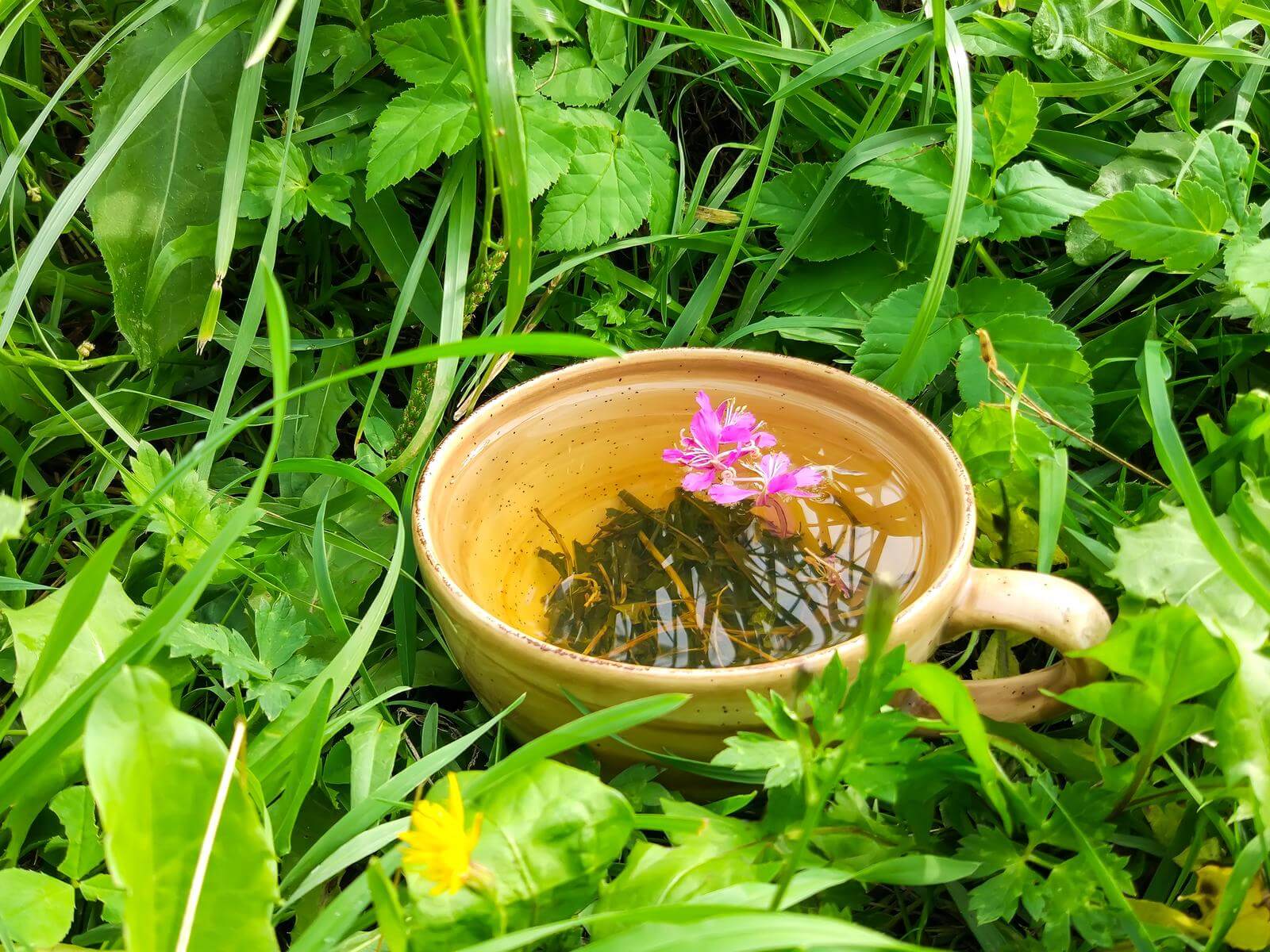
Many different teas can be helpful for asthma relief, and eucalyptus tea is one of them. This type of tea has been used for centuries in traditional medicine for its medicinal properties.
Eucalyptus tea is made from the leaves of the eucalyptus tree, which is native to Australia. The leaves of this tree contain eucalyptol, a compound effective in treating asthma.
In a study published in the Journal of Allergy and Clinical Immunology, researchers found that eucalyptol could reduce asthma symptoms in adults.
The study participants who took eucalyptol significantly reduced their asthma symptoms, including less coughing, wheezing, and shortness of breath.
Eucalyptus tea is available in many health food stores, and it is also possible to make your own eucalyptus tea at home. To make eucalyptus tea, you will need the following:
- 1 teaspoon of dried eucalyptus leaves
- 1 cup of boiling water
- Honey (optional)
Add the dried eucalyptus leaves to a cup of boiling water and let it steep for 10 minutes. If you want, you can add honey to sweeten the tea. Drink this tea three times a day for the best results.
Eucalyptus tea is a great option if you want an all-natural way to treat your asthma. This tea effectively reduces asthma symptoms and is also very easy to make. Give eucalyptus tea a try and see if it can help you breathe easier.
Licorice Tea
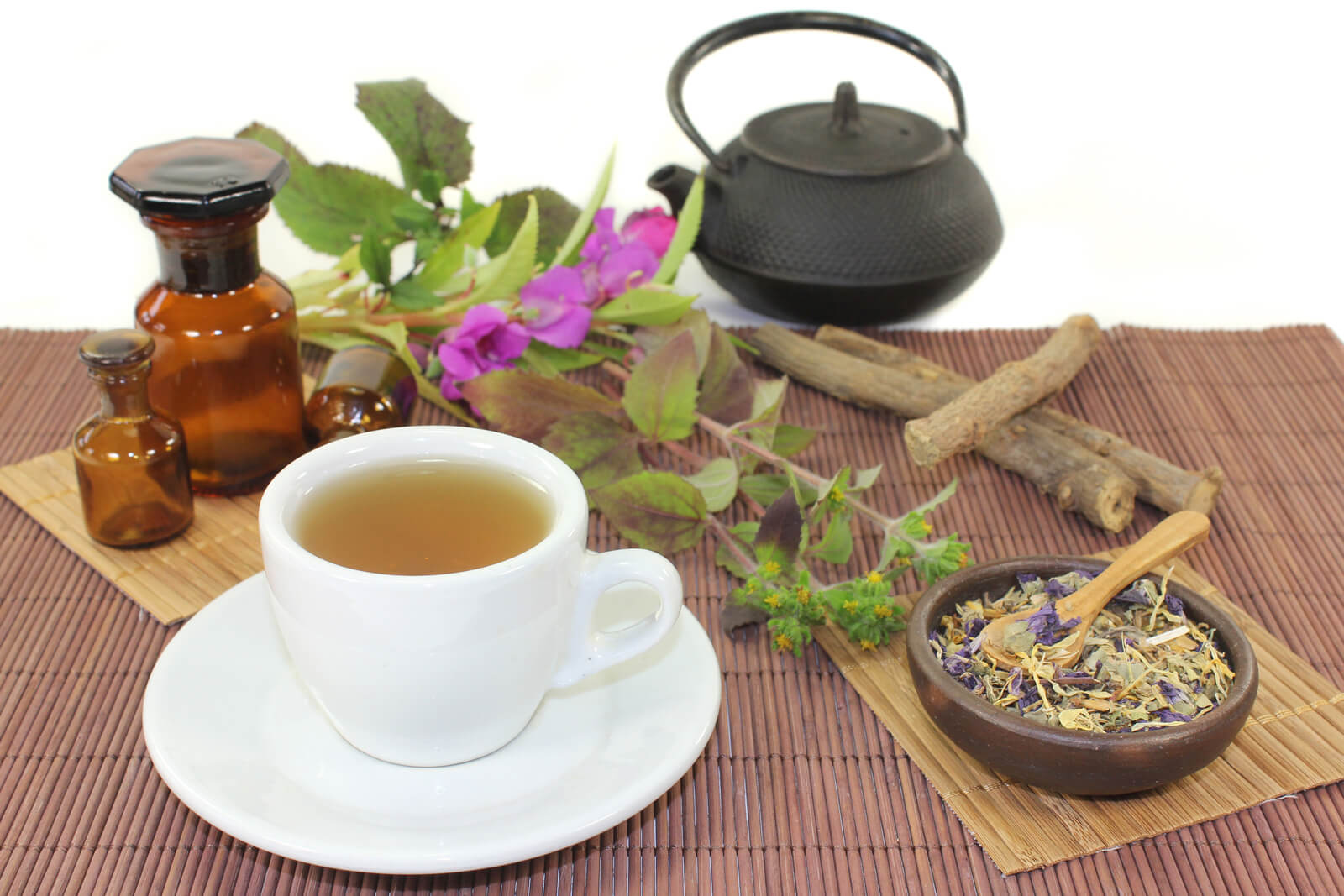
If you suffer from asthma, you know how difficult it can be to find relief. Inhaling and exhaling becomes a difficult and sometimes painful task. You may feel short of breath, and your chest may tighten. You may even feel like you’re suffocating.
Asthma is a serious respiratory condition that affects millions of people worldwide. If you have asthma, you’re not alone.
There are many treatments available to help manage asthma and relieve symptoms. One treatment that is gaining popularity is licorice tea.
Licorice is an herb that has been used for centuries in traditional medicine. It is thought to have anti-inflammatory and immunomodulatory properties.
A small study published in the Journal of Ethnopharmacology found that licorice tea may help relieve asthma symptoms.
The study involved 25 participants with asthma. Half of the participants were given licorice tea to drink twice daily for four weeks. The other half were given a placebo tea.
At the end of the four weeks, the participants who drank the licorice tea had significantly fewer asthma symptoms than those who drank the placebo tea.
The study authors concluded that licorice tea might help relieve asthma symptoms. They suggested that further research is needed to confirm these findings.
If you suffer from asthma, you may want to try drinking licorice tea. It is a natural remedy that may help relieve your symptoms.
Mullein Tea
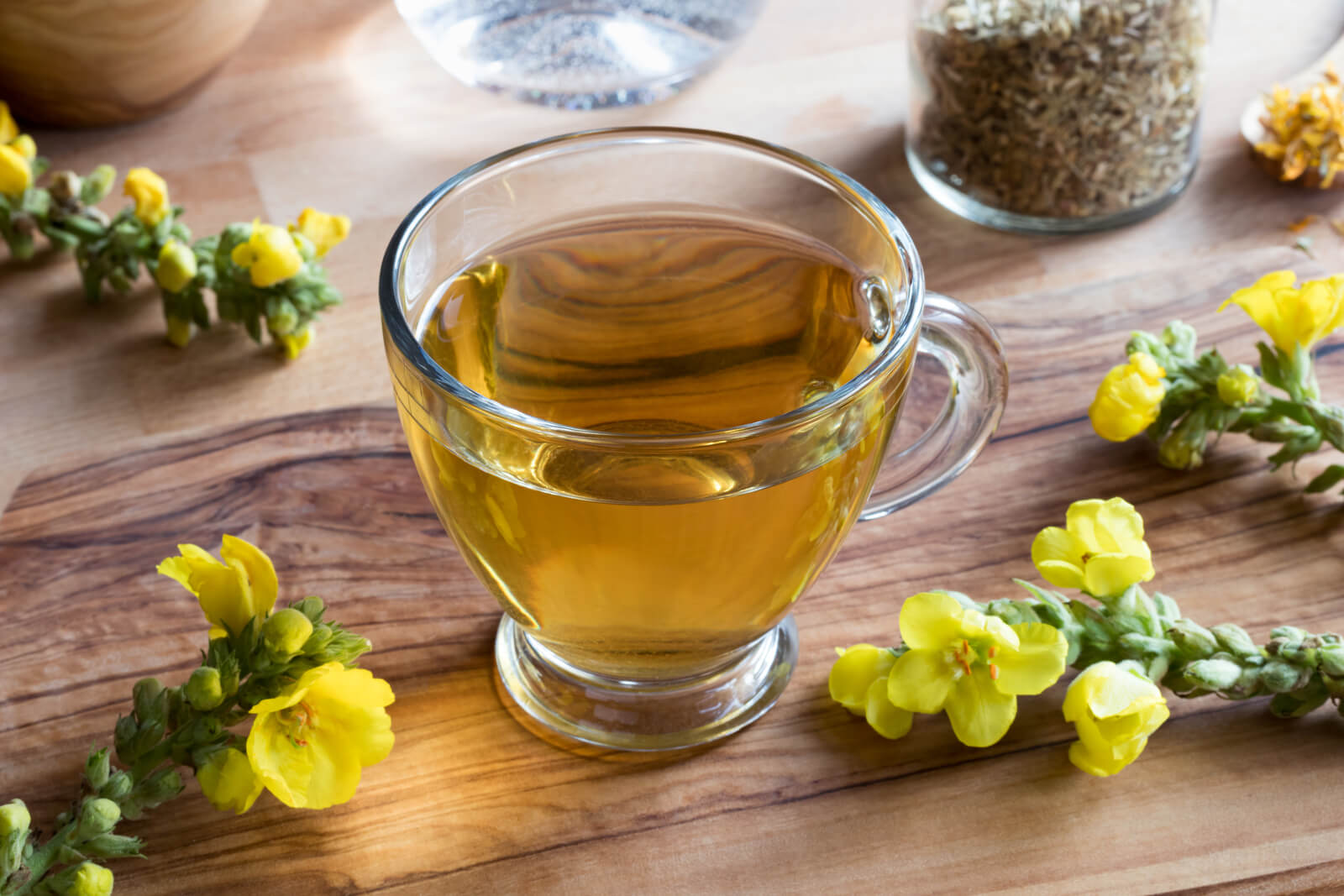
Mullein tea is an herbal tea made from the leaves of the mullein plant. It has a long history of use as a folk remedy for respiratory conditions such as bronchitis and asthma.
A recent study found that mullein tea may help relieve asthma symptoms. The study showed that mullein tea could reduce airway inflammation and improve lung function in people with asthma.
Mullein tea is a safe and effective herbal remedy for asthma. It can be taken as needed to help relieve symptoms. Mullein tea is also a good way to get some extra antioxidants into your diet.
If you want mullein tea, you can purchase it online or at some health food stores. When purchasing mullein tea, buy a high-quality product from a reputable company.
If you have asthma or know someone who does, be sure to give mullein tea a try. It may just be the asthma relief you’ve been looking for.
Peppermint Tea
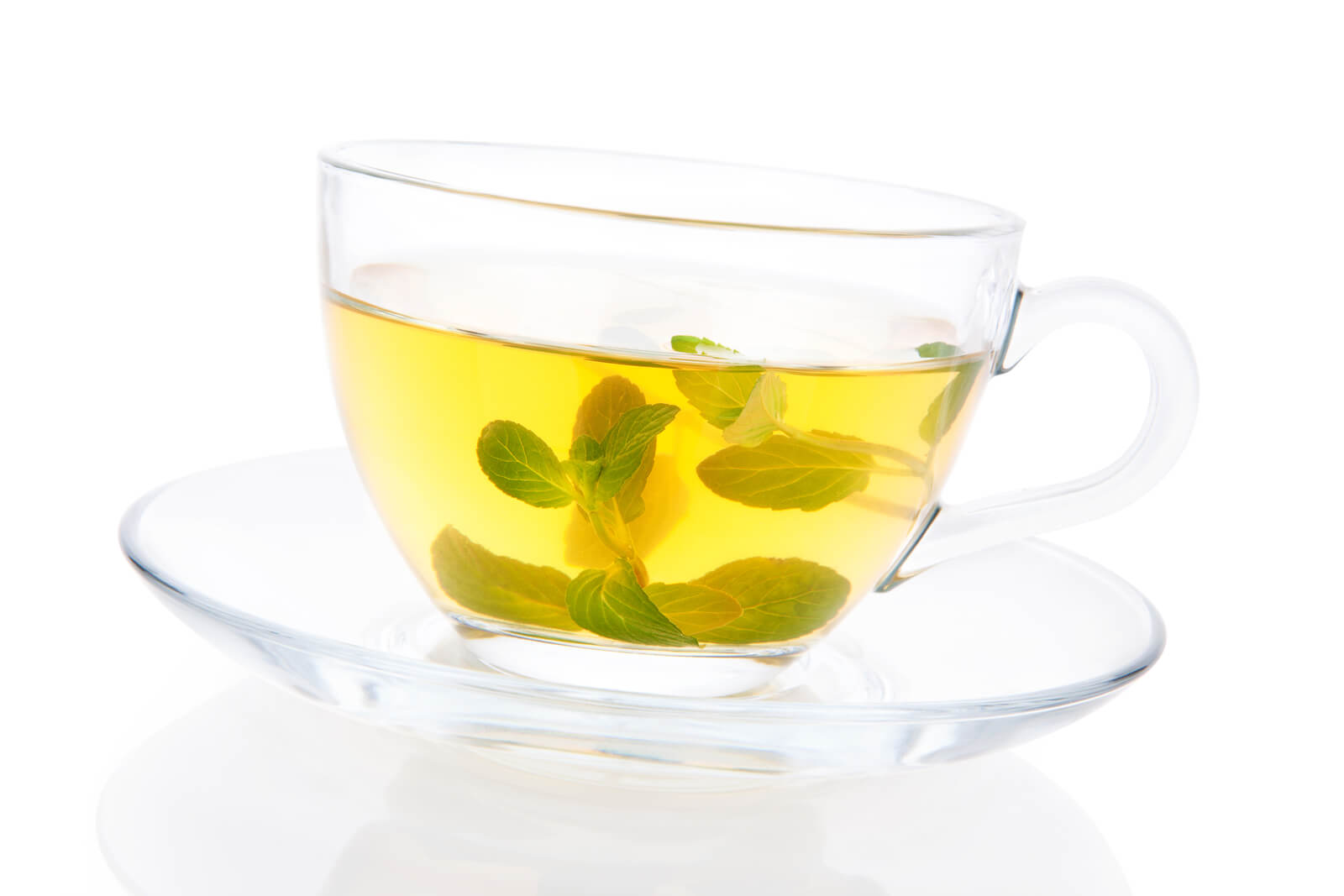
Peppermint tea is a refreshing and flavorful beverage with some health benefits. One of these potential benefits is asthma relief.
There is some evidence that peppermint tea may help to relieve asthma symptoms. One study found that peppermint tea could reduce airway inflammation in rats with asthma.
Another study looked at the effect of peppermint tea on human asthmatic airways. This study found that peppermint tea could reduce the constriction of the airways.
A recent study published in the journal BMC Complementary and Alternative Medicine found that peppermint tea may help to reduce asthma symptoms.
The study looked at a group of asthmatic patients who were given either peppermint tea or a placebo to drink.
The results showed that the group who drank peppermint tea had significantly reduced asthma symptoms, including a reduction in bronchial constriction, compared to the placebo group.
So, if you’re looking for a natural way to help relieve your asthma symptoms, you may want to try peppermint tea. Just be sure to check with your doctor first to ensure it’s safe for you.
Fennel Tea
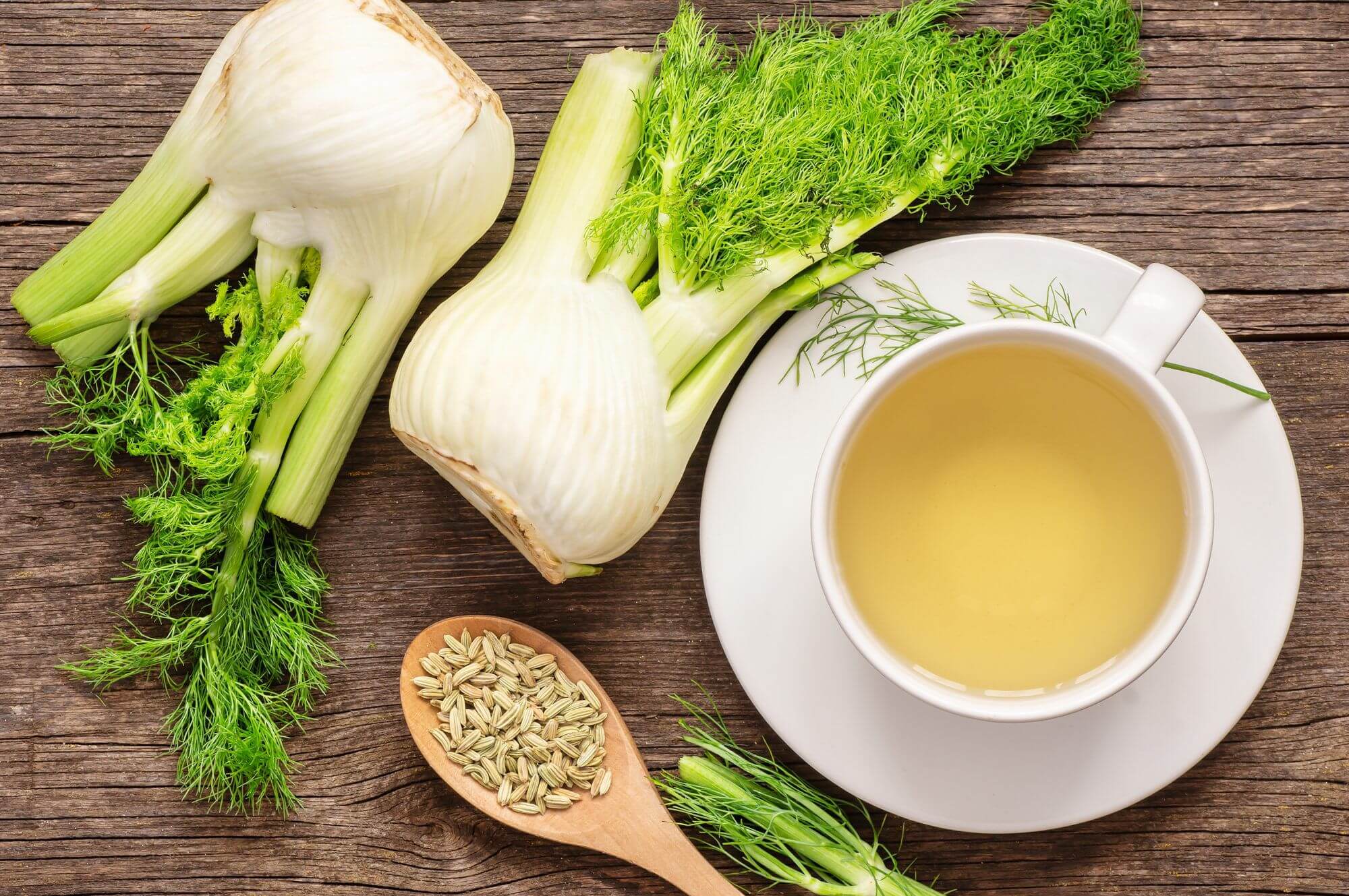
If you’re looking for asthma relief, you may want to consider fennel tea. A study found that fennel tea can help reduce the symptoms of asthma.
Fennel tea is made from the seeds of the fennel plant. The seeds are ground into a powder, and then the powder is steeped in hot water to make the tea.
Fennel tea has been used for centuries to treat various conditions, including asthma. The tea is thought to work by relaxing the airways and reducing inflammation.
A study published in the Journal of Phytotherapy Research found that fennel tea can help reduce asthma symptoms. The study looked at a group of asthmatic children who were given fennel tea or a placebo.
The children who were given fennel tea significantly decreased the severity of their asthma symptoms. The tea was also found to be safe and well-tolerated by the children.
If you’re looking for asthma relief, fennel tea may be worth a try. The tea is safe, effective, and a natural treatment that has been used for centuries.
Conclusion
There are a few different teas that can be beneficial for those suffering from asthma. ginger, turmeric, and licorice root teas can help to soothe asthma symptoms.
While there is no cure for asthma, these teas can provide some relief from the symptoms. If you suffer from asthma, it may be worth trying one of these teas to see if it can help you find some relief.


![8 Secrets of longevity: How to Live a Long and Happy Life [Definitive Guide]](https://healthyious.com/wp-content/uploads/2020/02/Secrets-of-longevity-how-to-live-long-life-640x360.jpg)


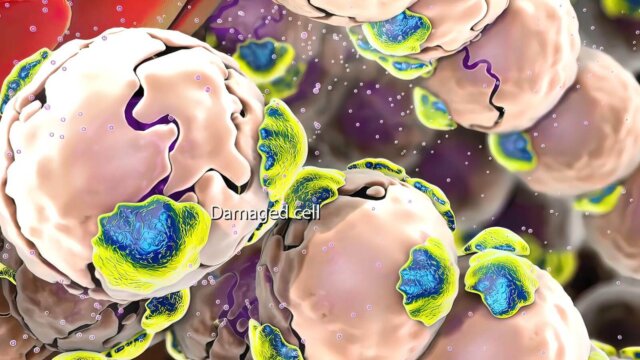
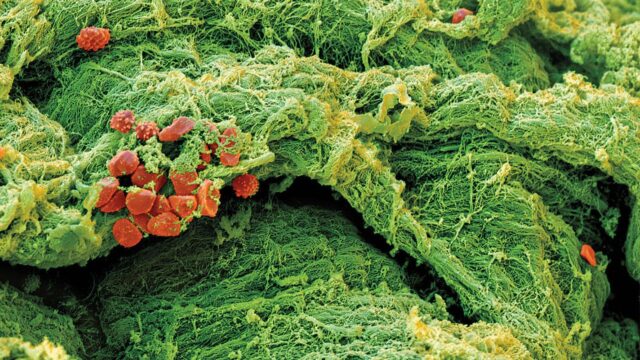

![5 Quick Natural Ways to Fight Cold and Flu [Natural Remedies]](https://healthyious.com/wp-content/uploads/2019/11/5-Quick-Natural-Ways-to-Fight-Cold-and-Flu-Natural-Remedies-640x360.jpg)